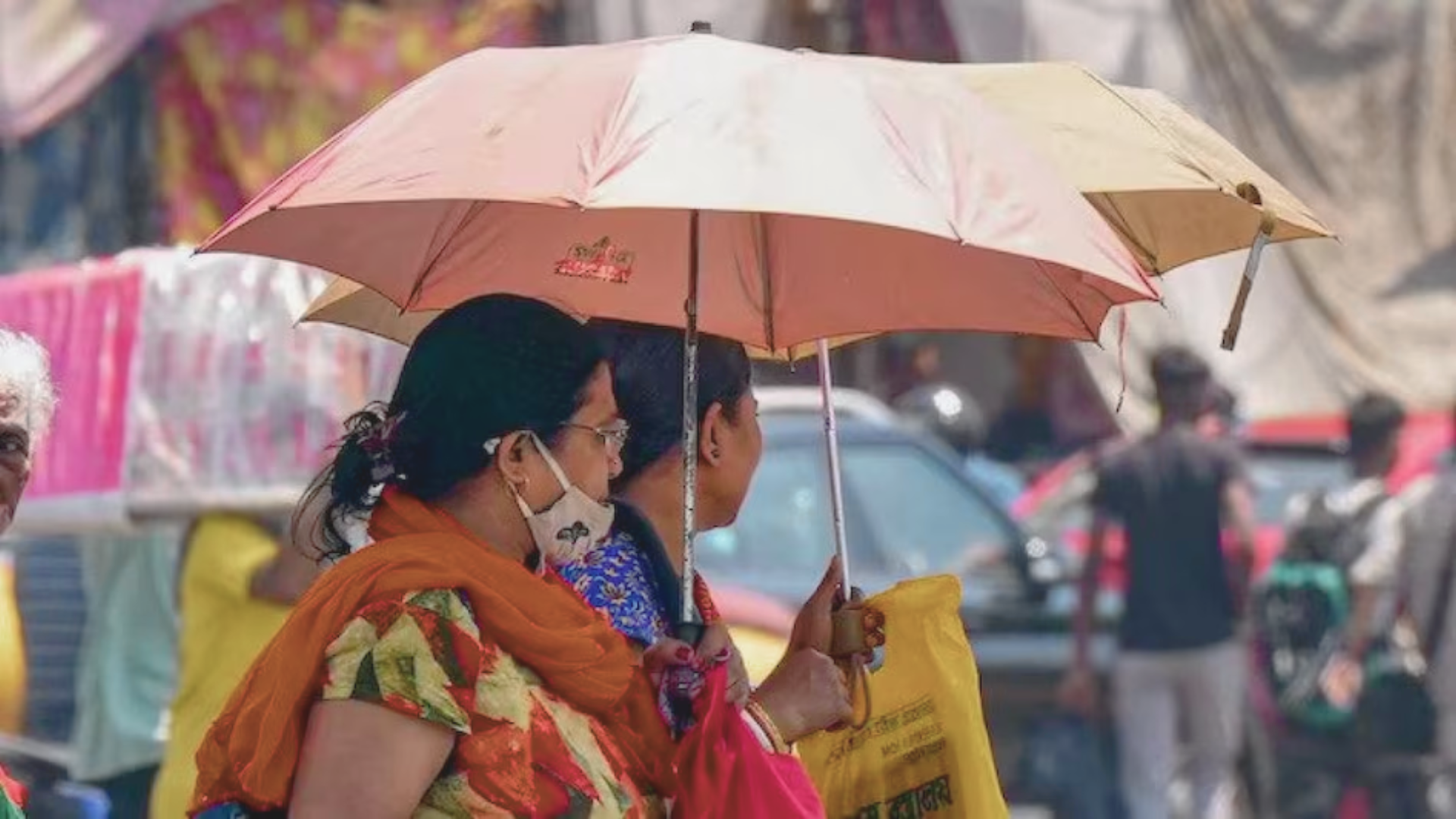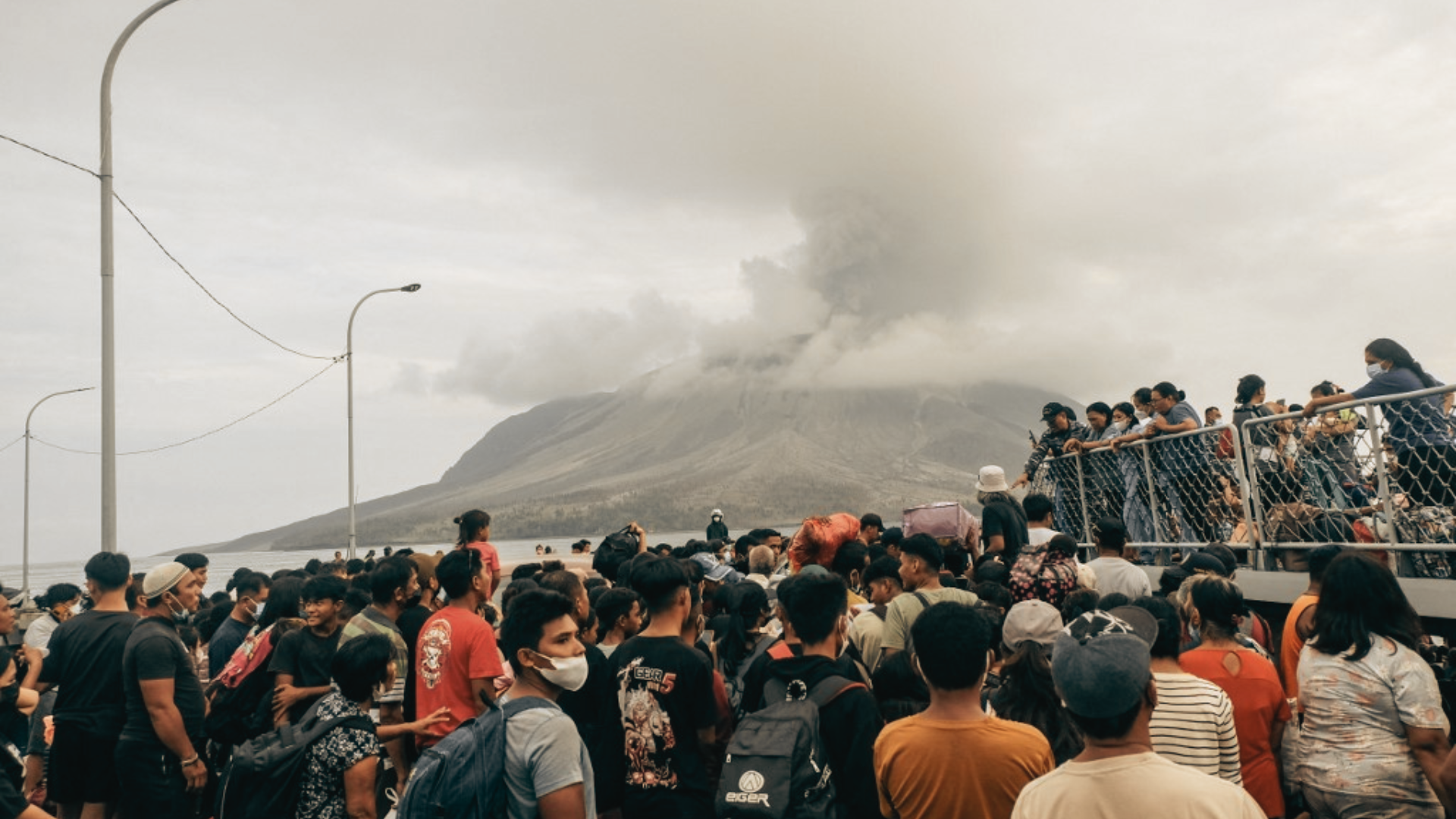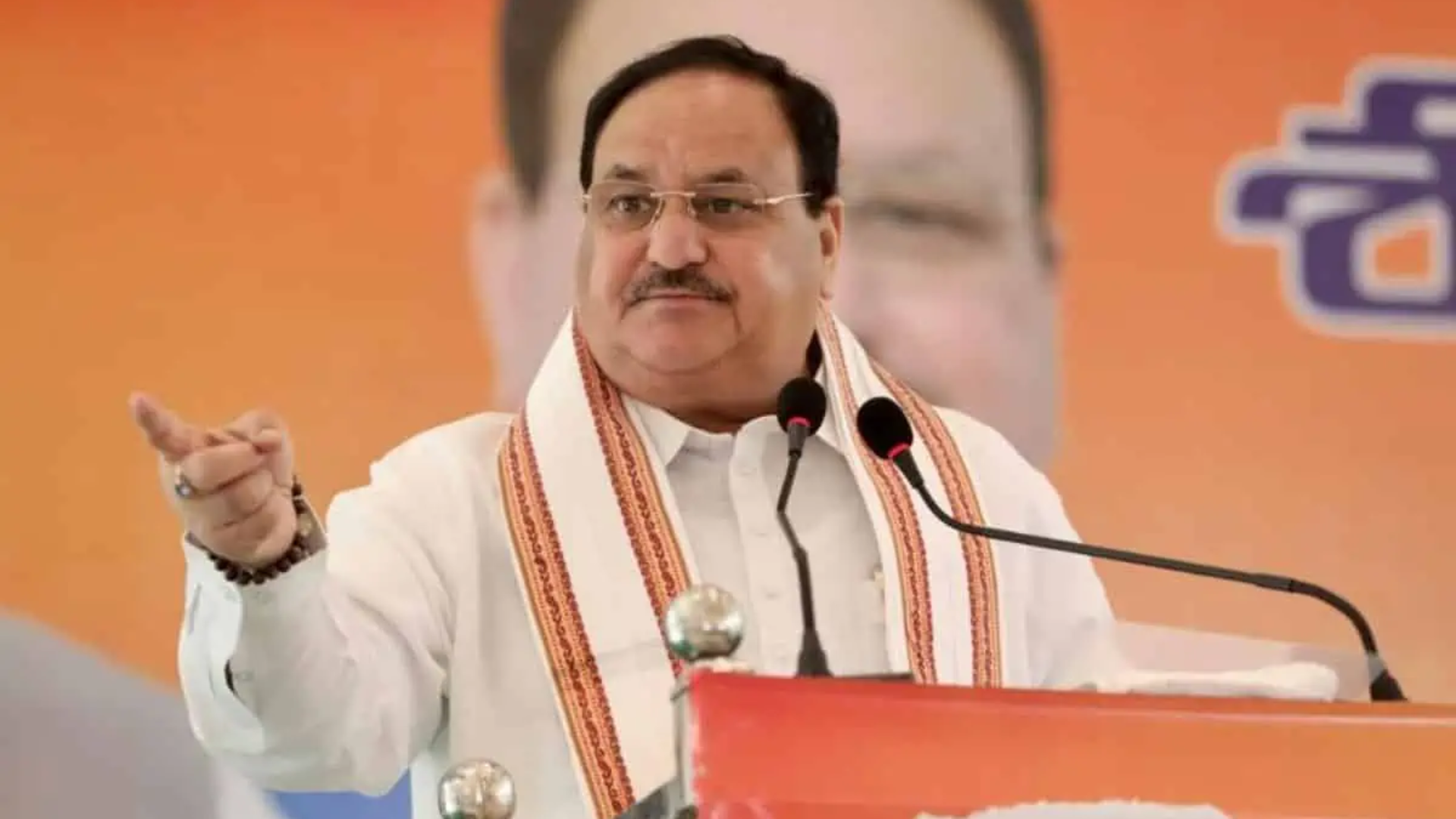


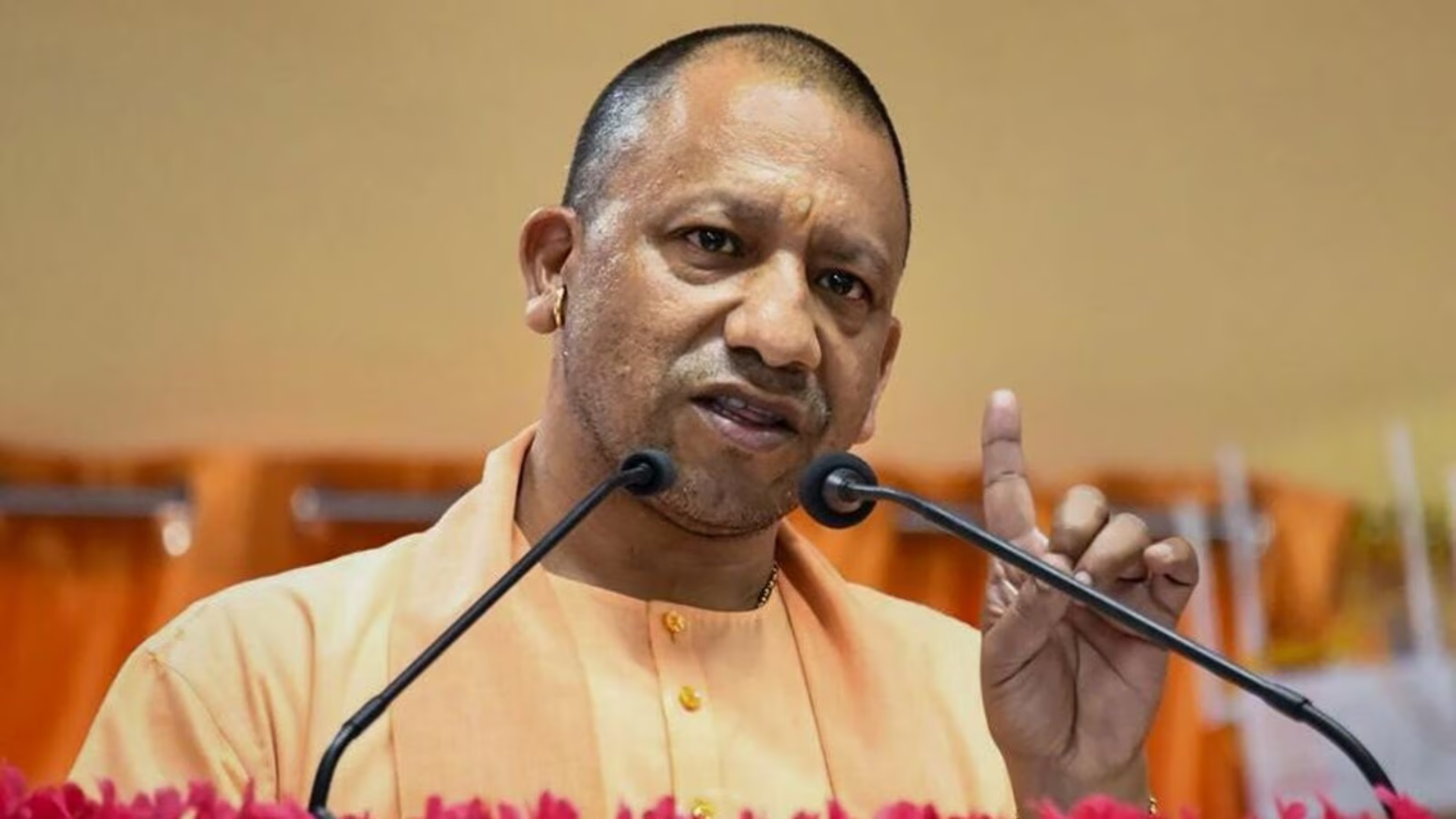


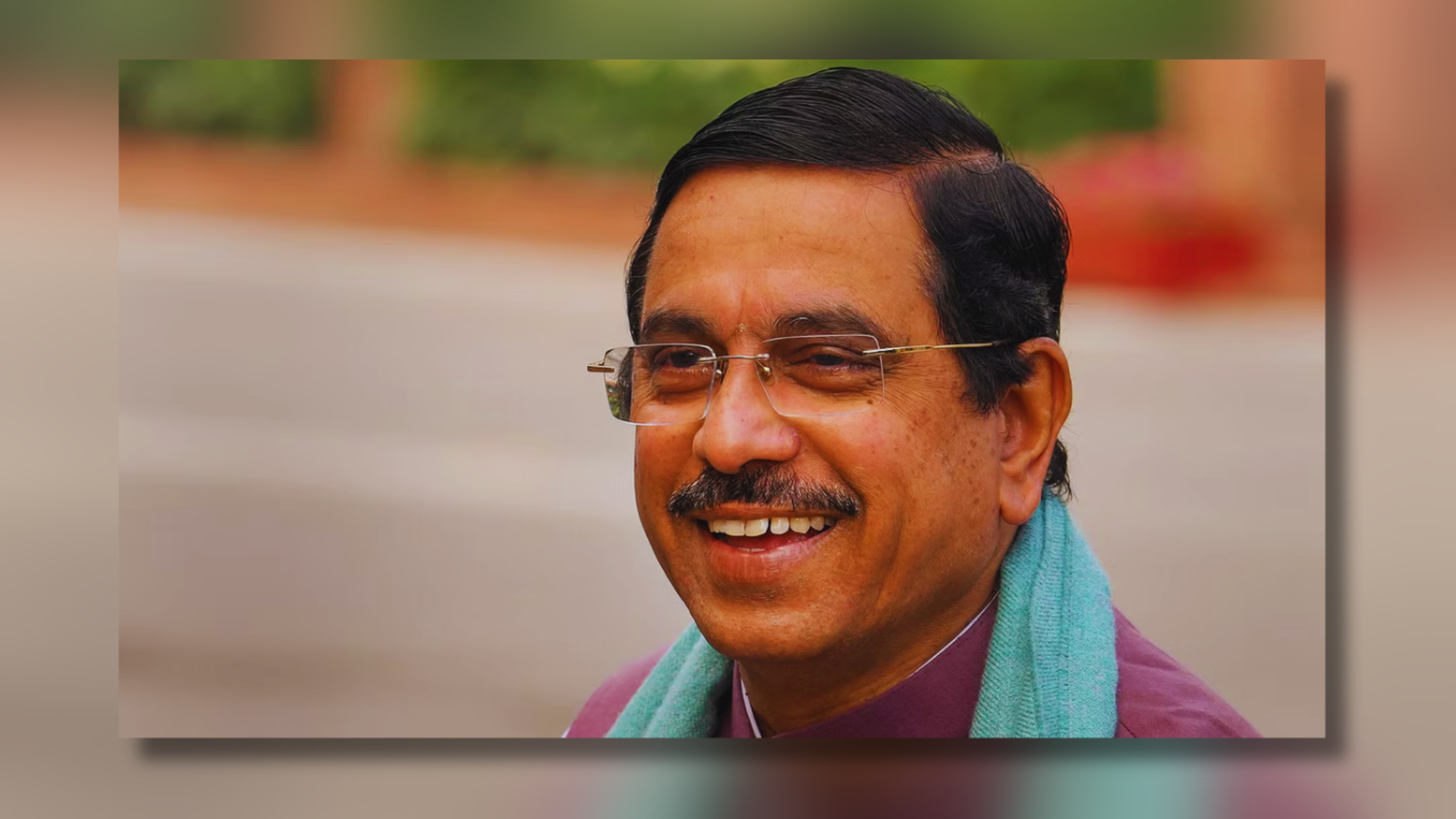
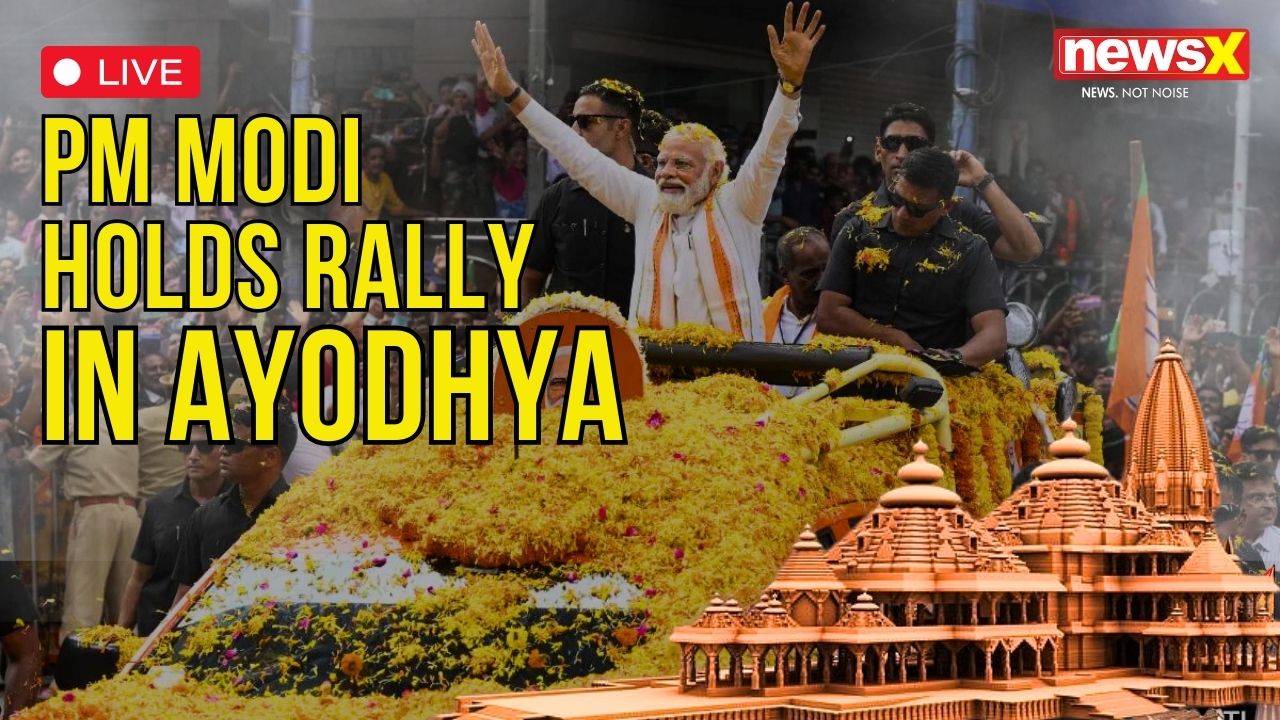
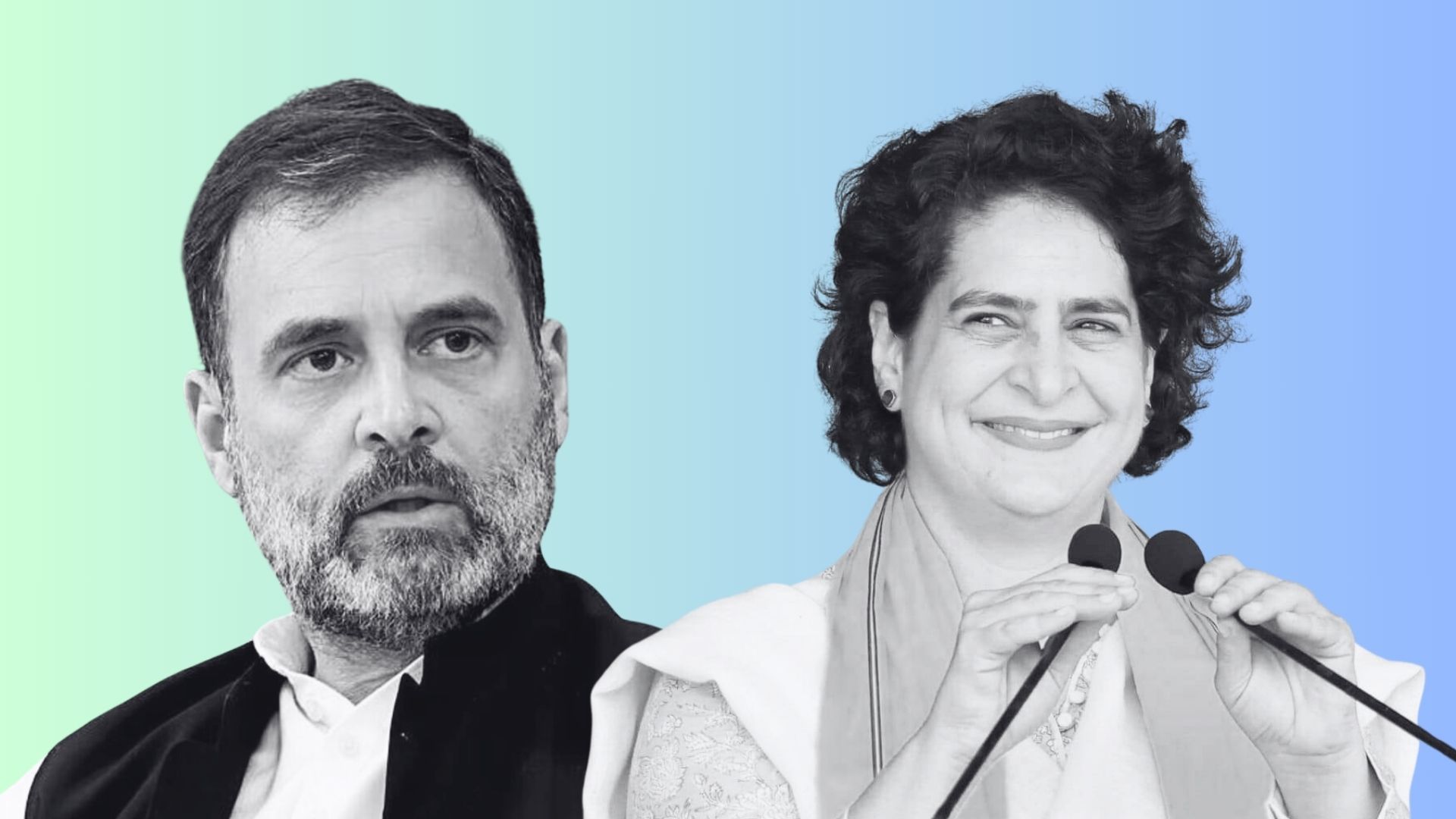
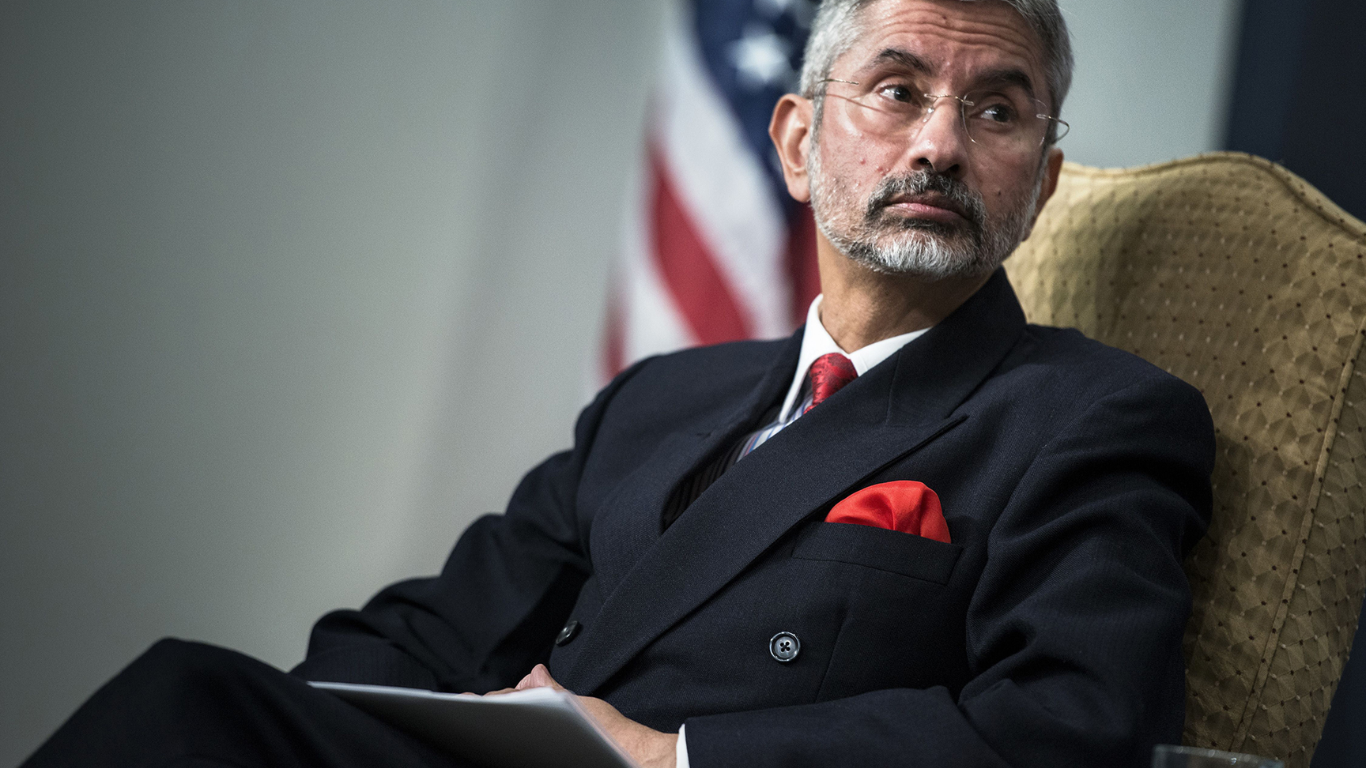
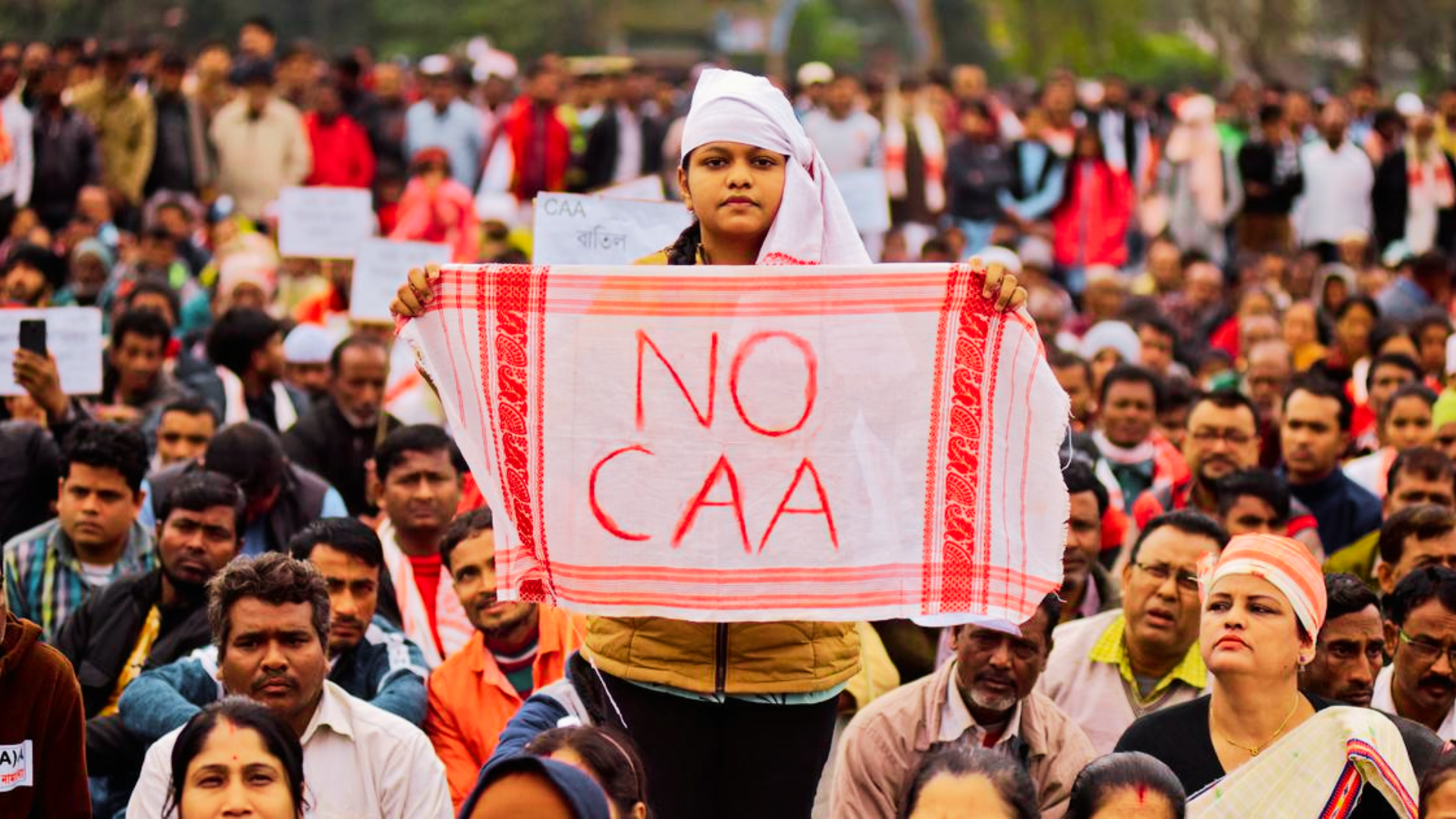
As the rules for the implementation of the Citizenship (Amendment) Act (CAA) were notified on Monday, the United Opposition Forum (UOF), led by the Congress, along with nearly 30 student and indigenous bodies, including the All Assam Students Union (AASU), are set to escalate their protests against the controversial legislation.
AASU chief adviser Samujjal Bhattacharya expressed strong opposition to the CAA, emphasizing that it is detrimental to the people of Assam. He asserted that peaceful, non-violent, and democratic protests against the legislation would persist and intensify in the coming days.
Bhattacharya also announced plans for burning copies of the CAA in all state capitals across the northeast on Tuesday, organized under the banner of the North East Students Organisation. Torchlight rallies and various other modes of protest are also scheduled for the same evening in Assam. Furthermore, AASU has applied to file a petition in the Supreme Court opposing the CAA.
The UOF, in collaboration with various organizations, submitted a memorandum to President Draupadi Murmu on February 29, urging the repeal of the CAA or its non-implementation in Assam, citing its alleged unconstitutionality. The forum, gearing up to contest the upcoming national polls collectively, accused the Bharatiya Janata Party (BJP) of passing the legislation in parliament while disregarding the sentiments of the people of Assam.
Congress leader Debabrata Saikia accused the BJP of betraying its promise to protect Assam and its people. He highlighted concerns that the CAA could potentially grant Indian citizenship to undocumented immigrants who entered Assam before 2015, a move that contradicts the Assam Accord. Saikia expressed hope that the people of Assam would respond strongly to the BJP’s perceived betrayal, emphasizing that protests against the CAA would persist.
Indigenous groups in the northeast continue to fear that the CAA may lead to a fresh influx of undocumented immigrants from Bangladesh, heightening tensions in the region.
The calls for protests come amid a warning from Assam Chief Minister Himanta Biswa Sarma, who cautioned that political parties could lose their registrations if they call for strikes in violation of a high court order. Sarma suggested that those opposing the CAA should approach the Supreme Court, as street protests may not serve any purpose. While student groups and non-political bodies are allowed to call for bandhs, political parties are prohibited from doing so, according to a high court order.
Assam Police chief GP Singh, citing a March 2019 high court order, emphasized the government’s commitment to holding those calling for bandhs accountable. He noted the significant economic impact of such strikes, with a potential loss of approximately ₹1643 crores in a day, based on the Gross State Domestic Product (GSDP) of Assam, as per Para 35(9) of the high court order.
The passage of the CAA in December 2019, aimed at expediting the citizenship process for non-Muslims who entered India before 2015 from Pakistan, Bangladesh, and Afghanistan, sparked widespread protests in Assam, resulting in five fatalities due to police firing. The contentious legislation continues to be a focal point of discontent and opposition in the region.


